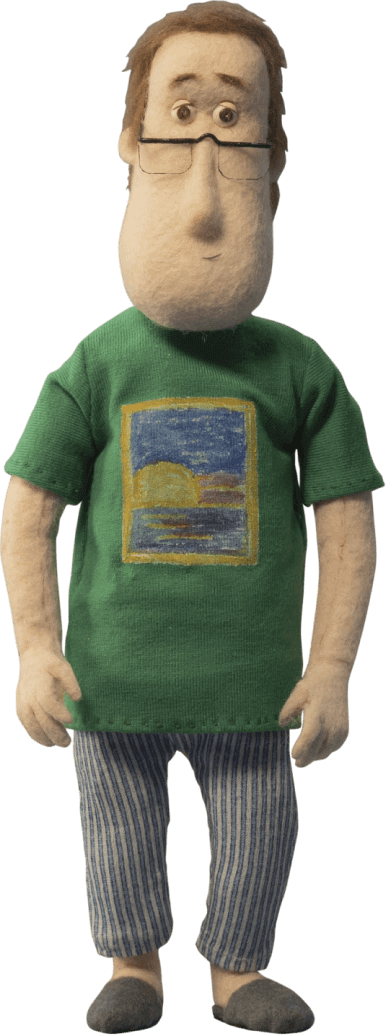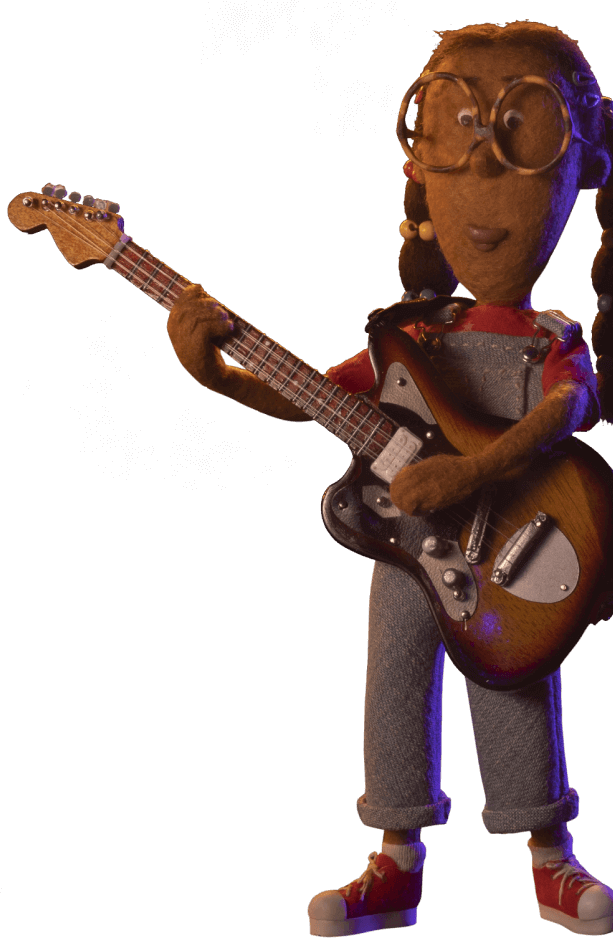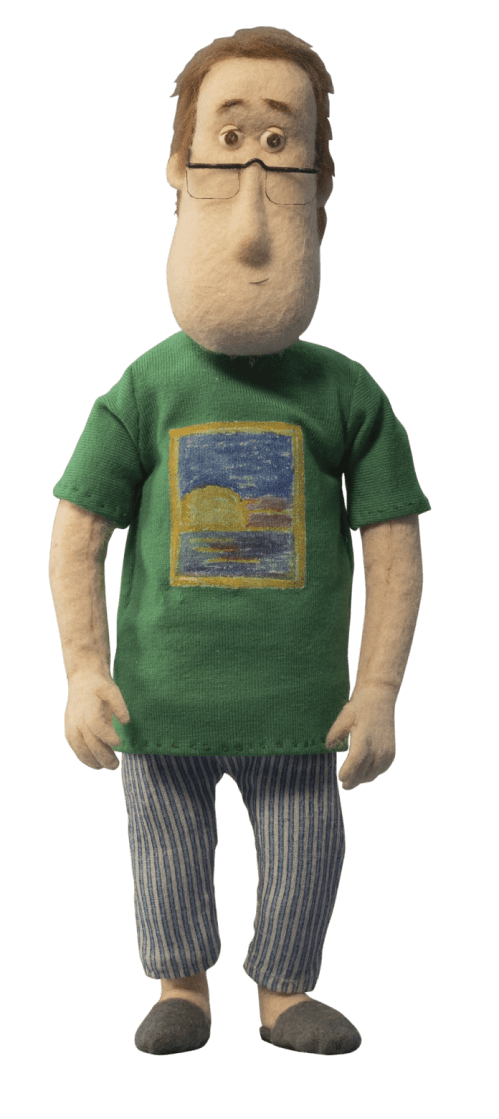I’m still alive but have limited life.
Medical team are giving me quality time,
All I want to be is a good enough dancer for someone to really enjoy partnering me ❤️💃🏻
Beside my children, the Dance Club and teachers love and keep me going.
The Drs do what they can for me to achieve my dream, the Dance Club and my children help me to fulfill it.
They show and tell me how much I’m loved and that’s what I need while I’m still alive. Too late once I’m gone.
That’s a very important part of the process, as it’ll be forever cherished ❤️
No matter your age or stage of life, you can ask your doctor to introduce you to a palliative care doctor, nurse or social worker who’ll help you consider and prepare your personal journey. For those with prolonged and advanced stages of an illness or those with a recent, life limiting diagnosis, expert and empathetic palliative care can make a massive difference.
It allows you to prioritise and organise what matters most to you, like your spiritual, financial, social and medical needs. Essential conversations around your healthcare and the details of your will can help you lead the life you want each day up to your last.












